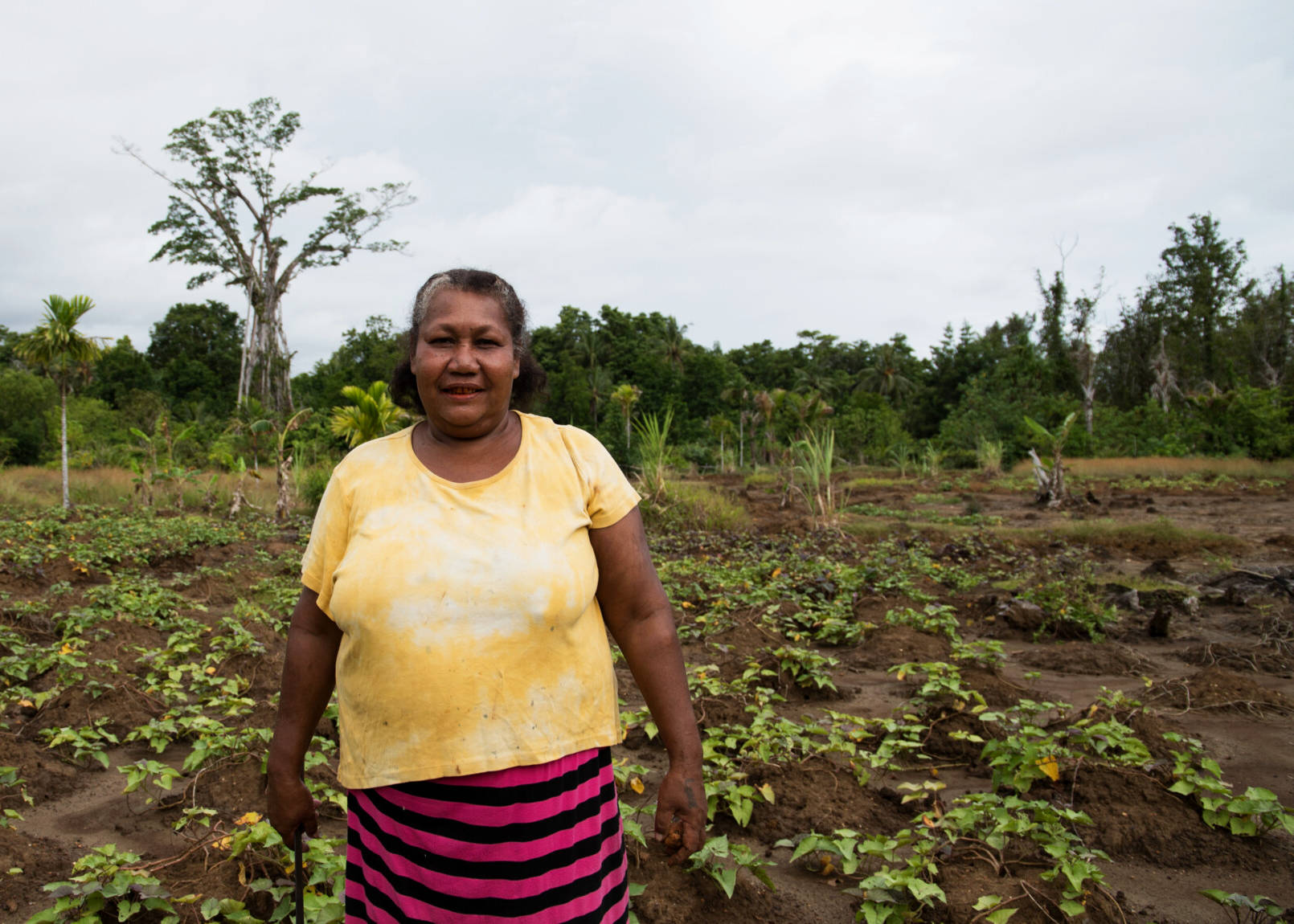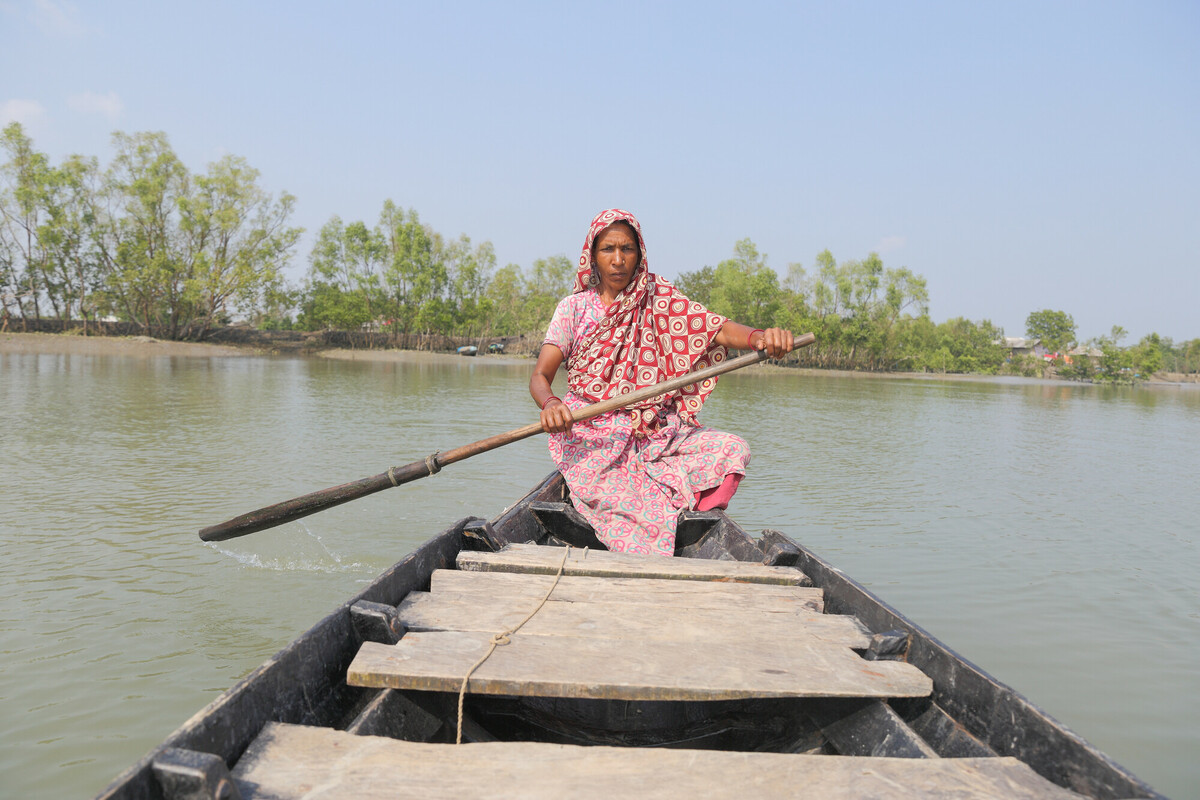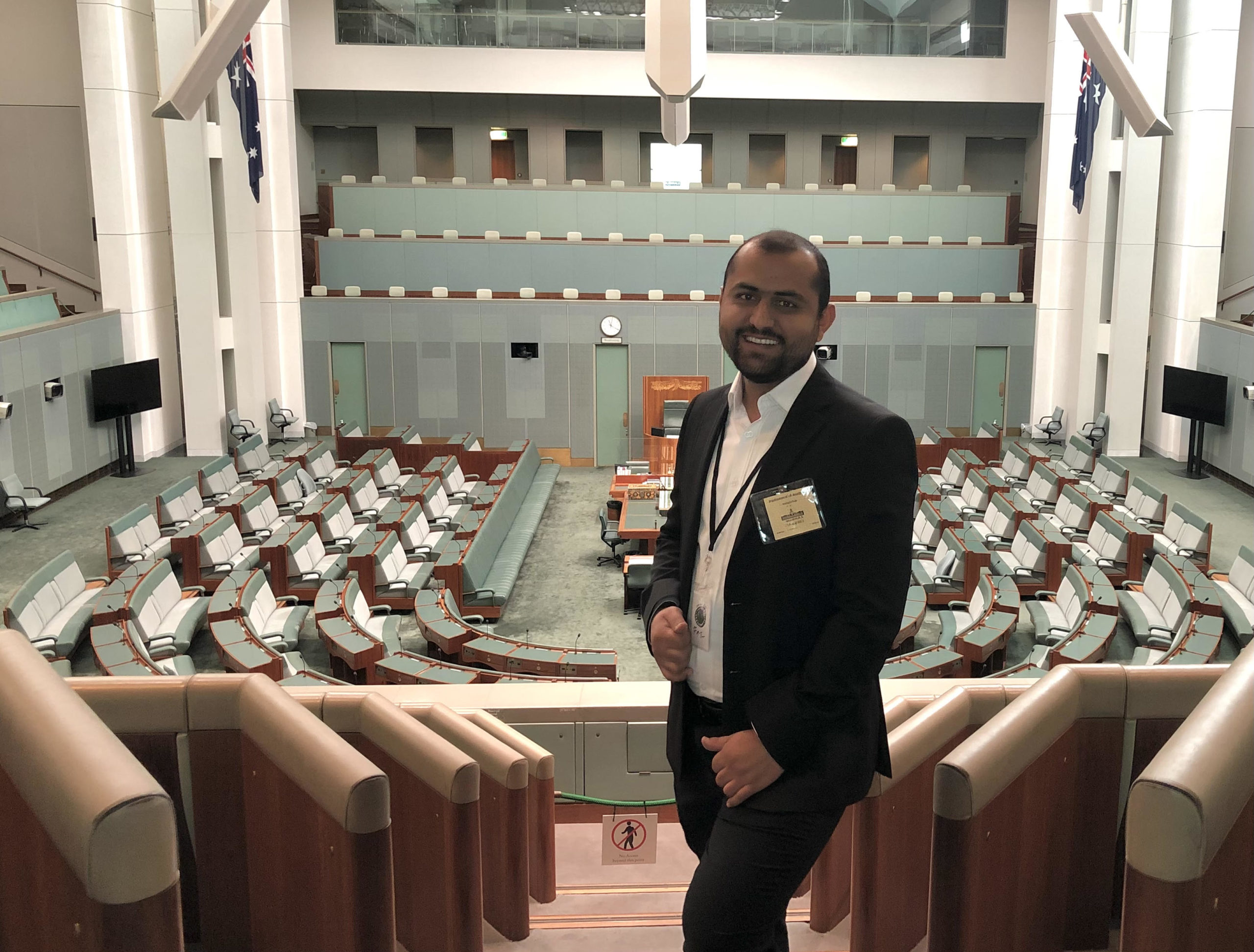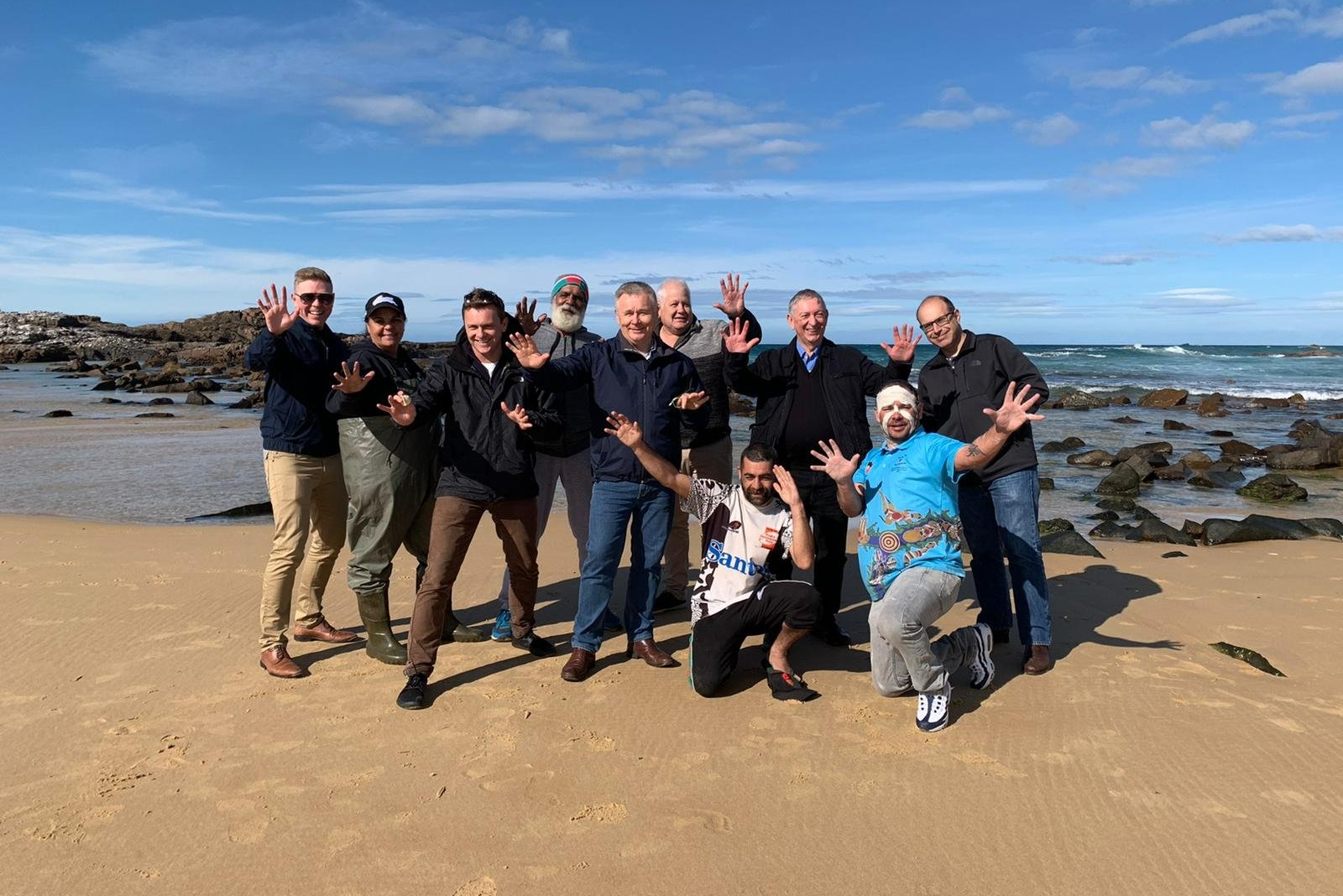An unequal battle
In Solomon Islands’ Malaita province, Adriana Wale has been planting seeds in her community garden to grow essential food crops for her family to eat. In the past, the soils here produced good harvests of potatoes. But now that salt water is creeping into the gardens from rising sea levels, Adriana is finding it harder to sustain her crops: “It is spoiling our gardens and we have not eaten any potato from that garden, the sea has already eaten it with the rains.”
The impacts of climate change on our Pacific neighbours, such as Adriana, is not new news. For many years, we have witnessed the devastation of tropical cyclones on homes and crops, the king tides that creep higher each year, and the increasingly desperate pleas of low-lying island nations to world leaders as they contemplate the future of their island homes.
This IPCC report sounds the alarm
The latest report from the Intergovernmental Panel on Climate Change (IPCC) on Impacts, Adaptation and Vulnerability to climate change provides the stark evidence to support the experiences of our neighbours in the Pacific, in Australia and around the world. Loss and damage from climate change is no longer in the distant future, something that might happen if we don’t rapidly reduce emissions. The impacts of emissions already in our atmosphere are here — and the people hardest hit by those impacts also live in countries affected by poverty. The report found that, between 2010 and 2020, droughts, floods and storms killed 15 times more people in highly vulnerable countries, including those in Africa, Asia and small island states, than in the richest countries1.
Being able to adapt or adjust to these climate change impacts is critical for the survival of both people and planet. The report points to the need for adaptation actions that are based on principles of justice, feasibility and effectiveness to ensure they are successful. For Oxfam Australia, our strategic focus on climate justice means we can support successful, locally-driven solutions that help build the resilience of people living in poverty and experiencing the impacts of the climate crisis.
This includes:
- Establishing the Solomon Islands Climate Action Network to influence government policy and planning on climate change;
- Supporting communities in Indonesia to develop disaster action plans in preparation for climate impacts; and
- Helping farmers in Timor Leste expand their climate smart agroforestry approaches.
The report also recognises that for adaptation success we need to have the right enabling conditions — and climate finance is a critical part of this. Australia has long profited from the exploitation of fossil fuels that are causing the climate crisis and it is now time for us contribute our fair share of finance to help countries adapt to climate change and make amends for the loss and damage they are already experiencing.
Wealthy nations must rise up to the challenge
Oxfam Australia’s Fairer Futures: Global Climate Financing Solutions report estimates that Australia may need to contribute up to $12 billion annually by 2030 as its fair share of finance towards global climate action if we do not rapidly reduce our emissions. The IPCC report does not land on a single figure for the cost of global adaptation needs to 2030, but estimates range between US$127–272 billion annually. If Government can supercharge investment in climate adaptation, the report points to the potential for unlocking private sector finance that can help people in the world’s most vulnerable countries realise adaptation benefits this decade.
The UN climate conference in November 2022 (COP 27) is yet another Test for how wealthy countries, like Australia, have heeded the IPCC’s urgent call for action. In particular, the spotlight will be on rich countries submitting more ambitious national climate action plans to keep the 1.5°C limit of warming in reach. Egypt, the host of COP 27, has already placed climate finance, and compensation for loss and damage, squarely on the table for negotiators and leaders to address.
For Adriana in Solomon Islands, it doesn’t matter how many reports are published by scientists on the impacts of climate change because she already knows what the impact looks like. Through Oxfam’s support, Adriana and her community are becoming more resilient to climate change but there is a limitation to how much they can adapt as impacts increase. Reducing our emissions rapidly this decade is the key to ensuring a just and sustainable future for Adriana and communities throughout the Pacific.
1 – IPCC Sixth Assessment Report Climate Change 2022: Impacts, Adaptation and Vulnerability, Chapter 8, page 36 accessed 1/03/2022: AR6 Climate Change 2022: Impacts, Adaptation and Vulnerability —IPCC




